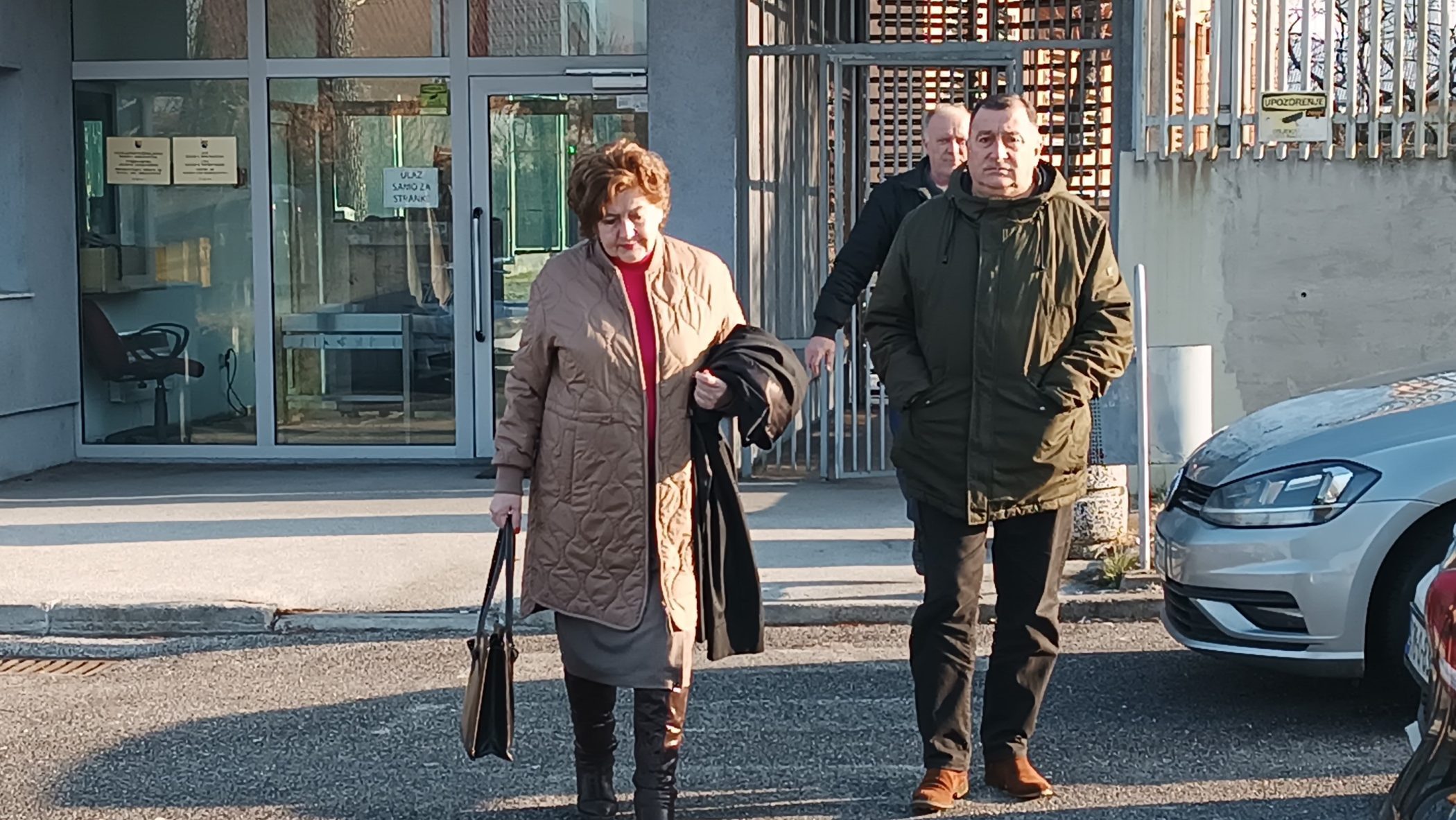This post is also available in: Bosnian
“Gasal seemed a complete person, someone who had moderate stands. This suited me. From the very beginning he established good relations with the guards. He did not want the detainees to be harmed in any way. (…) I cannot say enough to describe how much those people contributed to the conditions in terms of accommodation, hygiene and bathing. Normal living conditions were created. Detainees felt almost as if they were at home,” Delic said.
Gasal, Kukavica, Enes Handzic and Senad Dautovic are charged with crimes committed against Croat civilians in Bugojno.
The indictment alleges that Gasal was Manager of “Iskra” detention camp in Bugojno and Kukavica was Commander of the detention camp Security. It is alleged that about 300 Croat civilians were detained in the camp during 1993 and 1994. The Prosecution considers that the civilians were taken to other locations to perform forced labour, beaten up and held in inhumane conditions.
Handzic, former Assistant Commander for Security of the 307th Brigade with the Army of Bosnia and Herzegovina, ABiH, and Dautovic, former member of the Joint ABiH Headquarters, are charged with participation in planning the detention of civilians in Bugojno.
Witness Delic said he did not know whether any detainees who were held in the detention camp were “beaten up or mistreated”. He said that detainees were “taken to informative interviews and asked to give statements”.
Hamid Dzopa said that Gasal and Kukavica took over the functions of detention camp Manager and Commander of Guards in October 1993, adding that they “demanded order, work and discipline from the very beginning”.
“Upon taking over the role of the Manager, Gasal was still not able to issue orders. We used to get orders from the Military Police and Brigade Headquarters only. If a person had to give a statement, he was taken from the detention camp, but Enes Handzic issued written orders in those cases,” Dzopa said.
The witness told the Court that he was “absolutely sure” that no detainees were mistreated during his shifts. However, he could not confirm the same for other shifts.
Nermin Fejzic, a former member of a Protection Squad with the 307th Brigade of the Army of Bosnia and Herzegovina, testified as the third Defence witness at this hearing. He told the Court that he worked in a warehouse from which food was sent “to Iskra detention camp and members of the Army of Bosnia and Herzegovina who were on the frontlines” during September and October 1993.
“Everyone received the same type of food. This included detainees and ABiH soldiers on the frontlines. There was enough food, even too much – so we had to throw it away sometimes,” he said.
Fejzic told the Court he was detained in Iskra stadium detention camp for seven days in October 1993 because he refused to execute an order issued by his Squad Commander.
“When you entered the prison, you could see that we, soldiers, were detained in the same room with criminals who had made profit and stolen things. Members of the Croatian Defence Council, HVO, were held in separate rooms. (…) During my stay there, we had communication with them. We ate the same food and drank the same water and stayed in the same conditions,” Fejzic said.
The next hearing is due to take place on February 3, 2010.



